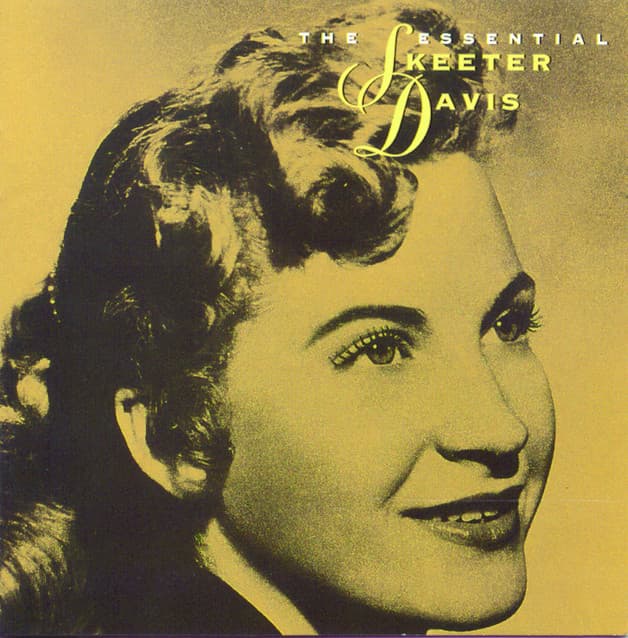
Skeeter Davis – The End of the World: A Melancholic Anthem of Heartbreak and Resilience
In the pantheon of classic country and pop songs that have etched their notes into the heartstrings of millions, “The End of the World” by Skeeter Davis holds a place of honor. Released in 1962, this poignant ballad transcends the boundaries of its genre, offering listeners a timeless reflection on love and loss. Its haunting melody and evocative lyrics speak to anyone who has ever experienced the end of a relationship, capturing the universal sentiment of feeling as though the world has stopped spinning.
Upon its release, “The End of the World” quickly resonated with audiences, climbing to impressive heights on various charts. It reached number two on the Billboard Hot 100, showcasing its crossover appeal by also securing top spots on both the country and adult contemporary charts. This widespread success highlighted Skeeter Davis’s unique ability to convey deep emotion through her crystalline voice, which soars and yet remains intimate, as if whispering secrets directly into the listener’s ear.
The story behind this song is as compelling as its lyrical content. Written by Arthur Kent and Sylvia Dee, “The End of the World” was inspired by Dee’s personal grief following her father’s death. This profound sense of loss permeates every line, every note, echoing a sentiment that many find relatable. Skeeter Davis’s interpretation transforms these emotions into a palpable experience, inviting listeners to share in her heartache while simultaneously finding solace in the shared human experience.
Musically, “The End of the World” is a masterclass in simplicity and elegance. The arrangement is understated yet powerful, with gentle guitar strums and subdued percussion providing a backdrop for Davis’s emotive vocals. The melancholy piano lines weave through the song like tears on a cheek, accentuating the raw vulnerability in her performance. This minimalistic approach allows every word to linger, each syllable steeped in meaning and memory.
As for the song’s enduring appeal, it lies in its ability to evoke a profound sense of nostalgia—a longing for what once was or what might have been. For many older listeners, “The End of the World” serves as a reminder of their own past loves and losses. Its evocative nature transports them back to moments when time seemed to stand still, when emotions were overwhelming and all-consuming.
Yet despite its themes of despair and finality, there is an undercurrent of resilience within “The End of the World.” It speaks to the indomitable human spirit—the ability to endure even when it feels as though everything has fallen apart. In this way, Skeeter Davis offers not just an ode to heartbreak but also a testament to survival.
In conclusion, Skeeter Davis’s “The End of the World” is more than just a song; it’s an emotional journey that continues to touch hearts across generations. Its legacy endures because it speaks to fundamental truths about love and loss, reminding us that even in our darkest moments, we are not alone. The song remains a cherished relic from an era where music could encapsulate such profound emotion with grace and simplicity—a true testament to its timeless beauty.